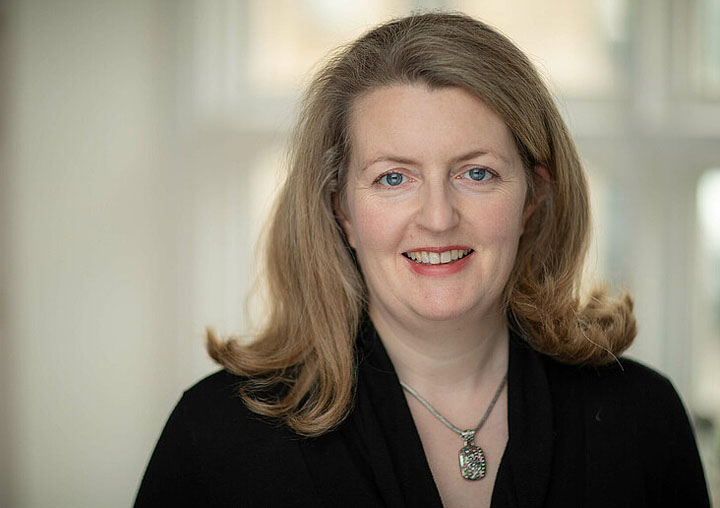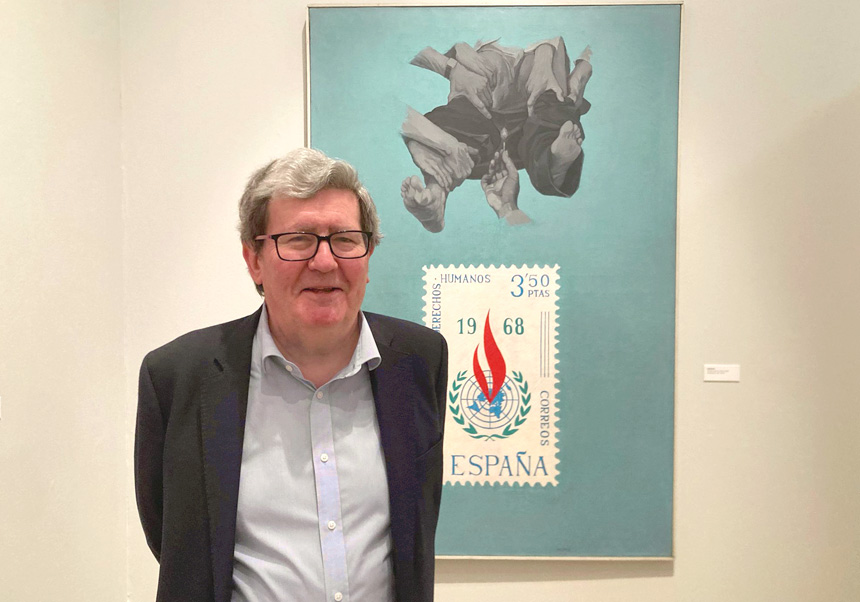Manuel Castells talks at La Nau about the situation of Europe after the European Parliament elections
- Office of the Vice-Principal for Culture and Society
- November 20th, 2019

The conference ‘Europa después de las elecciones’ (Europe after the elections) by Manuel Castells, renowned sociologist and economist, university Professor at University of Southern California and Universitat Oberta de Catalunya, and former university Professor at University of California-Berkeley, was held at Centre Cultural La Nau of Universitat de València. This act, organised by Escola Europea de Pensament Lluís Vives, took place at Paraninfo of Universitat on Wednesday 20 November.
Castells, who is doctor honoris causa by Universitat de València, is an academic of various institutions across the world - Real Academia Española de Ciencias Económicas (Royal Spanish Academy of Economic Sciences), European Academy, British Academy, Academia Mexicana de Ciencia (Mexican Academy of Sciences and the National Academy of Sciences in USA. He has published 34 books, among which the titles: Communication power (2009), the Information Age: Economy, Society and Culture trilogy (1996-1998), Rupture: The Crisis of Liberal Democracy (2017) or his last work, La Nueva América Latina (2019). Is the fifth most metioned academic of Social Sciences across the world, according to ‘Social Science Citation Index’ (2000-2014).
His work has eminently gone around the economic evolution and the political, social and cultural transformations as part of an integral theory of information’s society. Another fields broached in the books are the crisis of the liberal political system, globalisation, the irruption of Internet in the current communicative and informational panorama or the social centrality of identity.
In ‘Europa después de las elecciones’, based on the research he conducted from the University of Cambridge (The crises of Europe, Alliance, 2018) Castells explained where Europe’s politics and economy stand after the European Parliament elections held on 26 May; a point at which liberal democracy, as we knew it until today, has entered a crisis and the political scene has taken a turn that breaks with the established moulds. In that context, the survival of the European Union could be threatened.
The Escola Europea de Pensament Lluís Vives is a cultural project, promoted by the Office of the vice-Principal for Culture and Sport and managed by General Foundation of the Universitat de València. It is configured as a space for reflection and participatory and critical debate on current issues. The Escuela has the partnership of actors of the public administration and civil society: Presidence of the Generalitat, the City Hall of Valencia, the Valencian Department of Transparency and Education, Research, Culture and Sports, the Acadèmia Valenciana de la Llengua, the Alfons el Magnànim Institut, the Escola Europea d’Humanitats and the Caixa Popular.
















